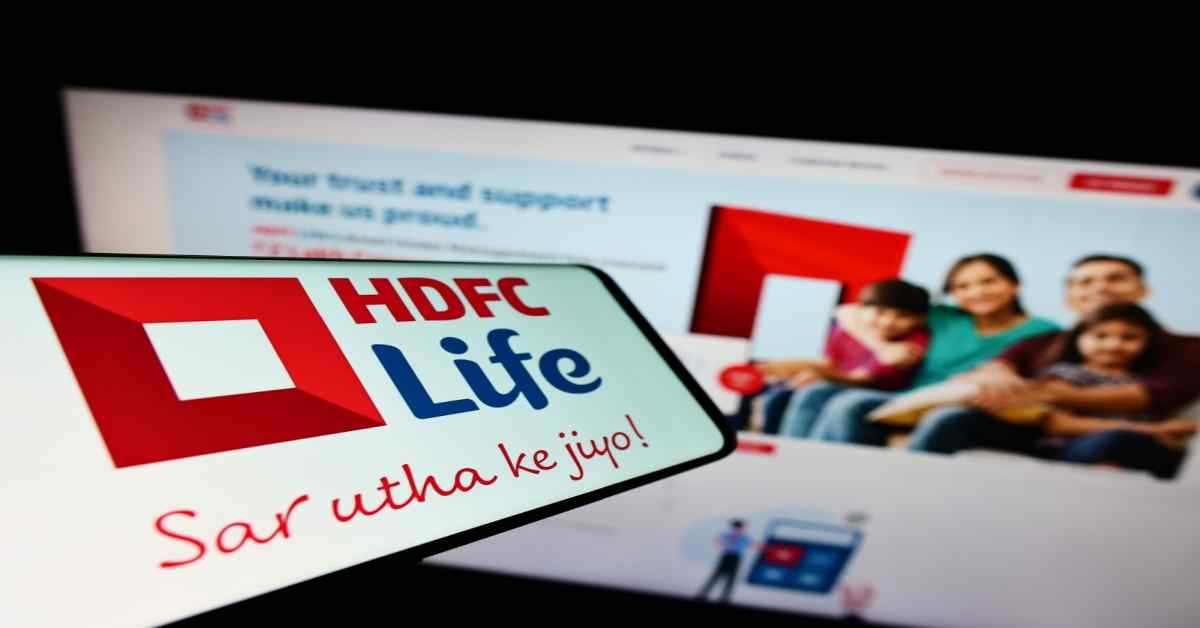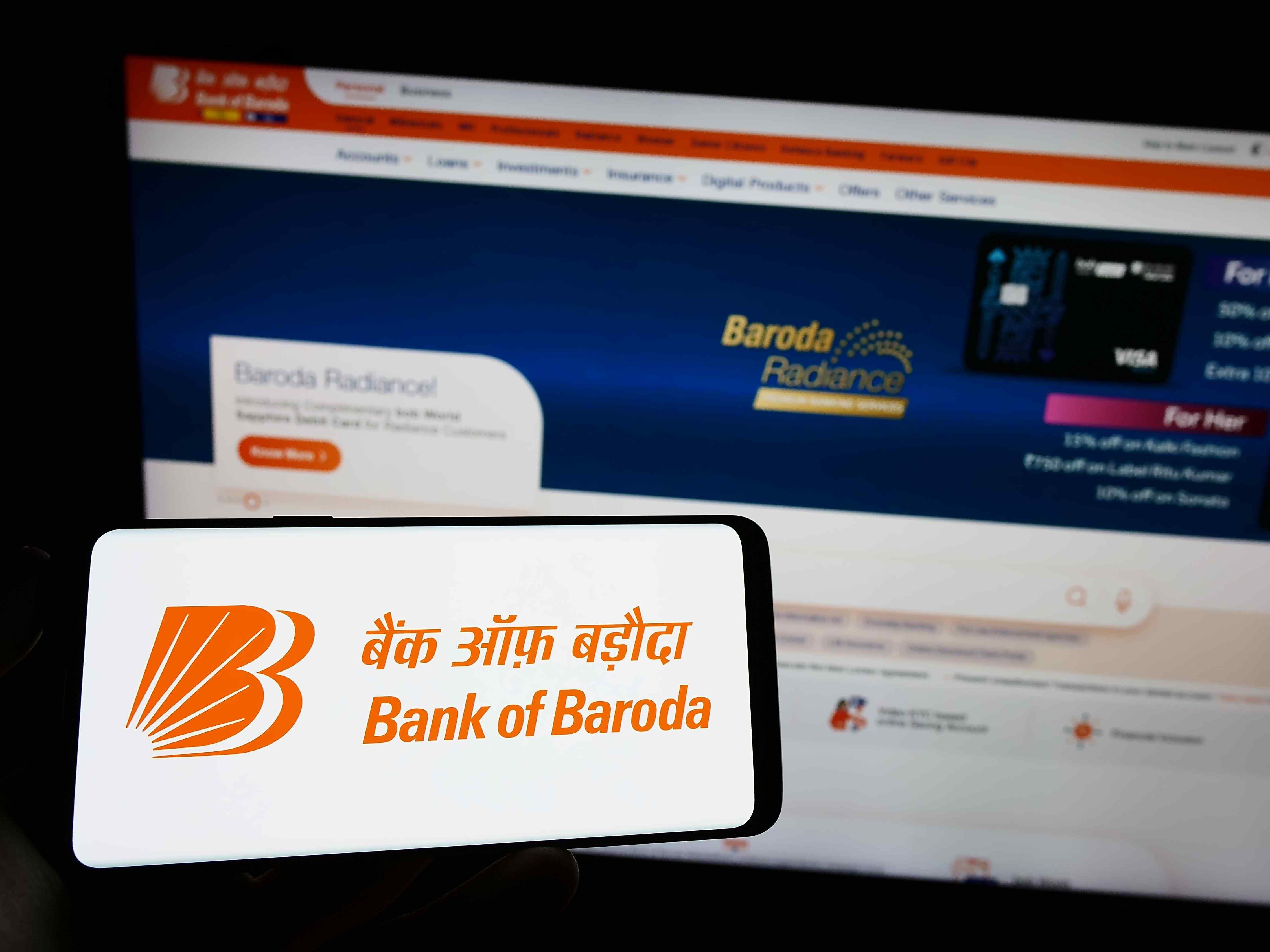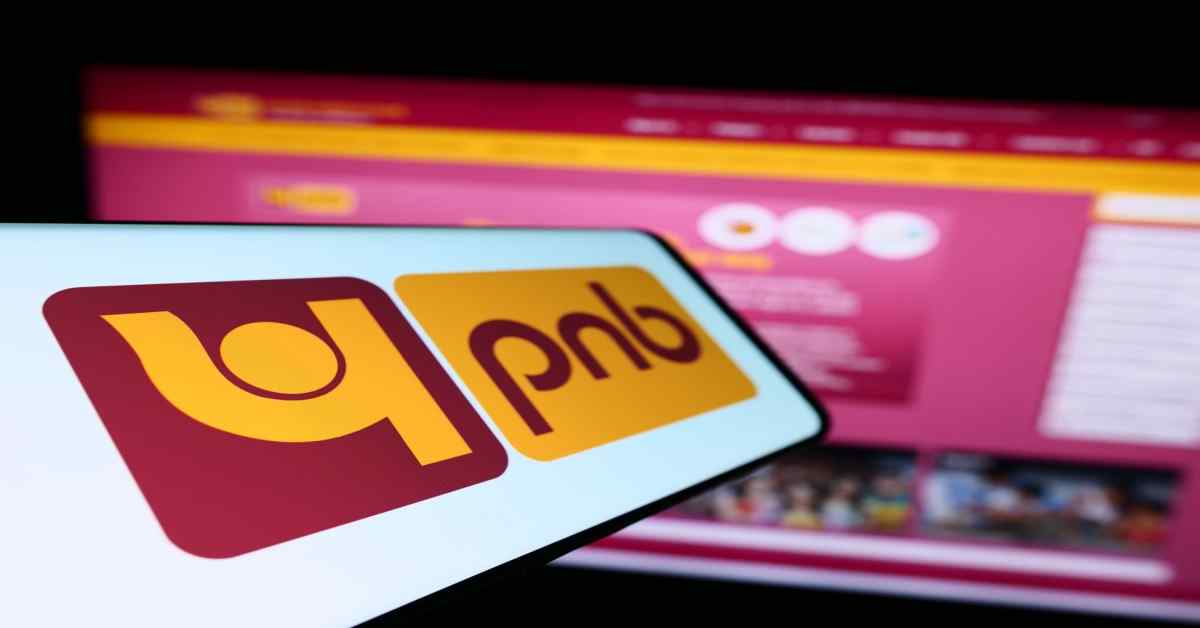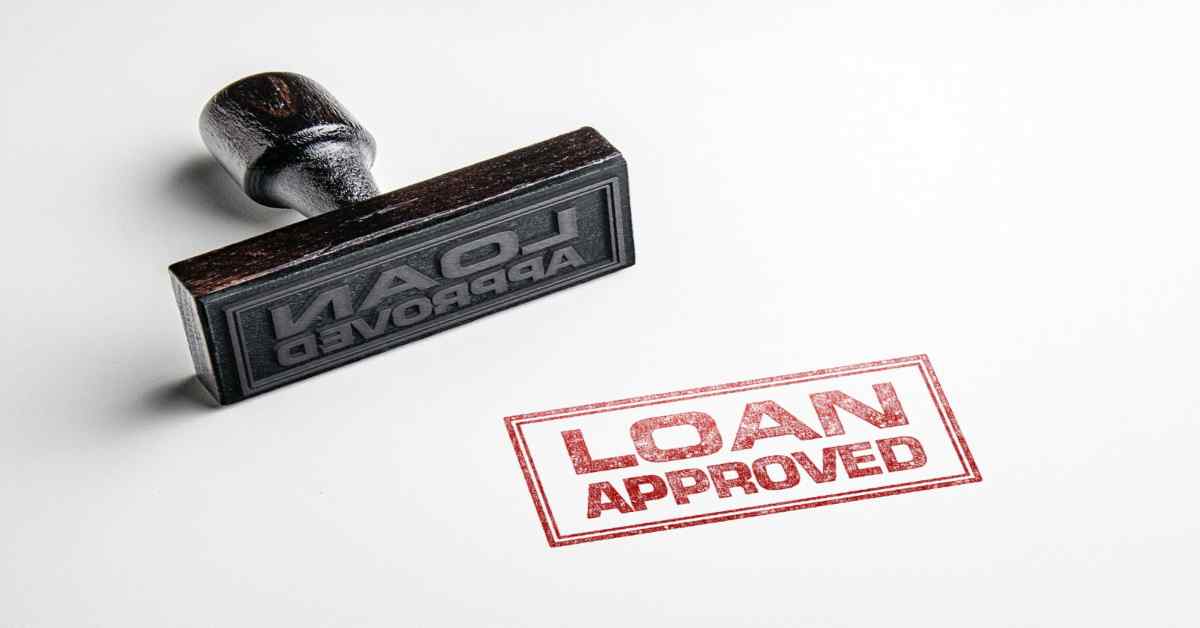Table of Contents
Quality Service Guarantee Or Painting Free

Get a rental agreement with doorstep delivery

Find the BEST deals and get unbelievable DISCOUNTS directly from builders!

5-Star rated painters, premium paints and services at the BEST PRICES!
Loved what you read? Share it with others!


Submit the Form to Unlock the Best Deals Today
Help us assist you better
Check Your Eligibility Instantly

Experience The NoBrokerHood Difference!
Set up a demo for the entire community
Personal Loan Interest Rates: A Detailed Guide for Borrowers
Table of Contents
Personal loans from banks, credit unions, and internet lenders are popular for consolidating debt, paying unexpected bills, and financing home repairs. Personal loan interest rates affect how much borrowers pay during the loan period in addition to the principal. These rates vary based on the borrower's credit score, income, loan amount, duration, and lender restrictions.
Interest rates and costs for personal loans vary widely across lenders and applicants. Before choosing, examine rates and conditions from lenders. For reference, here's a table containing data for tentative personal loan interest rates in banks:
| Bank | Interest Rate (p.a.) |
| State Bank of India (SBI) | 11.15% |
| HDFC Bank | 10.50% |
| ICICI Bank | 10.80% |
| Axis Bank | 10.49% |
| Kotak Mahindra Bank | 10.99% |
| Bajaj Finserv | 11.00% |
| Bank of Baroda | 10.50% |
| RBL Bank | 18.00% |
| IDFC First Bank | 10.99% |
| IndusInd Bank | 10.49% |
How to Get the Lowest Interest Rate on a Personal Loan?
Getting the lowest personal loan interest rate might affect your finances both short-term and long-term. Also, you must do a thorough personal loan interest rates comparison before settling. The steps to reach this aim are listed below:
Quality Service Guarantee Or Painting Free

Get a rental agreement with doorstep delivery

Find the BEST deals and get unbelievable DISCOUNTS directly from builders!

5-Star rated painters, premium paints and services at the BEST PRICES!
- Improve Your Credit Score (Check) Credit score is crucial to interest rate qualification. Higher credit ratings make consumers less risky, so lenders favour them. Before applying for a personal loan, check your credit record and score. If it needs improvement, take aggressive action: pay payments on schedule, lower credit card balances, and fix credit report errors.
- Compare Offers from Multiple Lenders: Don't accept the first loan offer. Shop around and compare lender interest rates and conditions. Underwriting standards vary per lender, resulting in different offers. Compare personal loan rates online or call banks, credit unions, and internet lenders to obtain the best deals.
- If you have a lower credit score, try applying for a personal loan with a co-signer with a better credit history. Co-signers guarantee the loan if you fail, giving the lender security. Increased assurance may decrease interest rates. The loan conditions will also depend on the co-signer's credit score and financial background.
- Choose a Shorter Loan Term: Lower personal loan interest rates in India are characteristic of shorter loan durations. Shorter periods may increase monthly payments, but you'll pay less interest over time. Establish your budget and financial objectives to establish the shortest term you can handle and choose it to acquire a lower interest rate.
- Select a Fixed-Rate Loan: Personal loans may have fixed or variable interest rates. Fixed-rate loans are stable and predictable since the interest rate is constant. However, market factors affect variable-rate loans. Choose a fixed-rate loan to reduce rate hikes, particularly if you expect them.
- Lenders often offer interest rate savings to borrowers who make automated payments. Setting up automated bank account payments shows dependability, which may decrease your interest rate. Automatic payments also save late fees and boost your credit score.
- Negotiate with lenders to cut loan rates. A good credit history and consistent income help you negotiate a lower rate. To boost your negotiation position, give financial stability evidence and compare offers from different lenders.
- Maintain Stable Employment and Income: Lenders favour borrowers with continuous income and stable employment. A steady income decreases default risk and may lower your interest rate. Before applying for a personal loan, avoid employment changes or income variations that may hurt your application.
Follow these techniques and aggressively seek the finest loan conditions to increase your chances of getting a personal loan with the lowest interest rate on a personal loan. To make sure a loan offer meets your financial requirements, read the terms and conditions before accepting it.
Factors That Affect Personal Loan Interest Rates
Lenders may charge different personal loan interest rates depending on many risk criteria. Knowing these criteria may help you predict your interest rate and boost your chances of getting a cheaper rate. Here are the factors that affect the personal loan interest rate of all banks:
- Credit Score: Lenders heavily weigh your credit score when setting your current personal loan interest rates. This three-digit number indicates your creditworthiness and loan repayment possibility based on your credit history. Higher credit scores make consumers less risky; therefore, lenders provide lower loan rates. Excellent credit scores (720 or more) usually mean the lowest rates, while lower scores may mean higher rates or difficulties getting a loan.
- Income and Employment: Lenders evaluate income and employment to verify loan repayment ability. Stable work and income show you can make loan payments, which may decrease your interest rate. Your interest rate may also depend on your career history, job stability, and prospective earnings.
- Debt-to-Income Ratio (DTI): Compares monthly debt payments to gross monthly income. This percentage helps lenders assess your debt management skills. You may qualify for a reduced interest rate if your DTI ratio is low enough to support your obligations and new loan payments. Before applying for a personal loan, pay off debts or increase income to improve your DTI ratio.
- Loan Amount and Term: The loan amount and term length affect your interest rate. Larger loans and longer durations may result in higher interest rates since lenders take on more risk. Lower interest rates are standard for smaller loans and shorter durations. Determine the loan size and period that best fits your financial demands and budget while reducing borrowing costs.
- Loan Purpose: This might impact the interest rate you obtain. Some lenders provide debt consolidation, home renovation, and medical loan programs. Specialist loans may have lower interest rates than personal loans. Home equity and savings account loans may have cheaper rates than unsecured loans.
- Credit History: Lenders may evaluate your credit history in addition to your credit score when deciding interest rates. A good credit history, including regular payments and appropriate credit use, will boost your application and decrease your rate. Negative records like late payments, defaults, or bankruptcy may raise interest rates or make loan applications harder.
- Economic variables, such as Federal Reserve prime interest rate fluctuations, may affect personal loan interest rates. Lenders may vary rates based on inflation, unemployment, and monetary policy. Monitoring economic trends and interest rates might help you predict personal loan rate changes and schedule your application.
Understanding how these elements impact personal loan interest rates will help you prepare for the loan application and increase your chances of getting a reasonable rate. Before applying for a personal loan, improve your credit score, lower your debt, and compare rates and conditions from several lenders. Presenting yourself as a low-risk customer and researching loan offers may help you receive the best interest rate.
Get the Best Interest Rate on Personal Loan with NoBroker
NoBroker is a revolutionary real estate platform that eliminates brokers to ease renting, buying, and selling homes. NoBroker's revolutionary platform makes renting, purchasing, and selling homes easy, affordable, and transparent. Our loan experts can simplify the loan procedure for property owners and help you get the best deal from the banks. If you are looking for the best personal loan interest rates then contact NoBroker now!

Frequently Asked Questions
Personal loans may be borrowed from banks, credit unions, or internet lenders for home improvements, debt consolidation, medical costs, and other unexpected needs. Unlike mortgages or vehicle loans, personal loans seldom demand collateral.
When applying for a personal loan, the lender considers your credit score, income, job history, and debt-to-income ratio. You will get a lump payment and repay it with interest if accepted. Interest rates and periods depend on the lender, creditworthiness, and loan amount.
Personal loans have following benefits:
Flexible: Use the money as you like.
Set payments: A set interest rate and duration simplify budgeting with predictable monthly payments.
Personal loans are collateral-free, minimising asset risk.
Competitive rates: Good credit may qualify you for reduced rates.
If you can not make payments on time, a personal loan might strain your resources. The credit enquiry and new credit account might temporarily affect your credit score when applying for a personal loan.
Loan applicants for personal loans usually need:
Good credit score: Higher credit scores improve approval odds and decrease financing rates.
Lenders will assess your income and job history to ensure you can repay the loan.
Your income should cover your obligations and new loan payments if your debt-to-income ratio is minimal.
On-time payments show borrower dependability.
Low recent credit enquiries: Multiple enquiries may indicate financial difficulties and lessen your acceptance prospects.
Recommended Reading

Kotak Personal Loan Interest Rates – January 2025
January 2, 2025
2812+ views

SBI Personal Loan Interest Rates – January 2025
January 2, 2025
9339+ views

HDFC Personal Loan Interest Rates with Calculator: January Update 2025
January 2, 2025
5470+ views

BOB Personal Loan Interest Rate - January 2025
January 2, 2025
2541+ views

PNB Personal Loan Interest Rates – January 2025
January 2, 2025
2710+ views
Loved what you read? Share it with others!
Most Viewed Articles

7 Days Loan Apps List in India: 10 Best Loan Apps for Instant Cash in 2025
January 8, 2025
67868+ views

Low CIBIL Score Loan Apps List: Best Apps for Instant Loans with Bad Credit for 2025
November 29, 2024
44632+ views

Instant ₹5000 Loan: Easy Application Procedure
December 17, 2024
31858+ views

30 Days Loan Apps: Quick Cash Solutions with Flexible Repayment At Lowest Rates for 2025
November 29, 2024
21862+ views

January 15, 2025
21412+ views
Recent blogs in
Instant Cash Loan In 5 Minutes: Interest Rates, Repayment and Eligibility in 2025
January 23, 2025 by Krishnanunni H M
How to Get ₹10,000 Loan on PAN Card Instantly in 2025?
January 22, 2025 by Kruthi
₹5,000 Loan on PAN Card: Fast Approval and Easy Process
January 21, 2025 by Krishnanunni H M
How to Get Instant ₹3000 Loan in India
January 15, 2025 by Krishnanunni H M
Small Cash Loan on Aadhaar Card Without PAN Card
January 15, 2025 by Prakhar Sushant



Join the conversation!